By: Anthony Akpan
This proposal seeks to address Challenge 10 of the Ocean Decade “ Ensure that the multiple values and services of the ocean for human wellbeing, culture, and sustainable development are widely understood, and identify and overcome barriers to behavior change required for a step change in humanity’s relationship with the ocean” And Objective 3 ”Increase the use of ocean knowledge and understanding, and develop capacity to contribute to sustainable development solutions” Including Sub-Objectives 3.1 “Broadly communicate and promote the role of ocean science for sustainable development across diverse stakeholder groups including through formal and information education and an expansion of ocean literacy approaches across stakeholders groups”
In Africa, most of us live our lives unaware of how our day-to-day actions affect the health and sustainability of the ocean and its many resources on which we depend. Nor do the majority of us recognize how the health of the ocean affects our daily lives. Most citizens are not aware of the full extent of the medical, economic, social, political, and environmental importance of the ocean and seas. However, what some scholars have called “ocean blindness” can be countered by improving access to accurate and compelling ocean education that strengthens the learner’s connection with the ocean. This is the essence of ocean literacy: an understanding of the ocean’s influence on us and our influence on the ocean.
Africa is a young continent with more than 60% of the population aged below 30 years. The continent should harness the demographic dividend by empowering this huge pool of human resource potential. The focus should be on getting them into ocean sciences through focused ocean literacy programmes, supporting skills development and mentoring to enable them fit in the job market and creating new opportunities for employment. This will facilitate the unlocking of scientific excellence and the creation of the new generation of ocean experts.
There is great need to further facilitate the engagement and participation of Civil Society Organizations in the challenges of Ocean issues in Africa by promoting constructive broad based, open dialogue, discussions, and sharing of views on all issues, between all role – players, stakeholders and affected parties including civil society, academia, NGOs, the private sector, communities, women groups, youths including students and governments. Gaining the long-term support and acceptance of Civil Society Organizations through an efficient outreach is vital.
Therefore, complementing the other parts of the initiative, it is imperative to have a comprehensive stakeholder outreach program to re-build relations between the various stakeholders, thereby furthering the sustainability of the United Nations Decade of Ocean Science for Sustainable Development (2021-2030) planned achievements. This effort will focus on building consensus and influencing actions of relevant departments and institutions who are willing to facilitate, plan and lead on the implementation of United Nations Decade of Ocean Science for Sustainable Development (2021-2030) in Africa through knowledge sharing, capacity building and networking in a spirit of partnership based on values of and a respect for gender equity, diversity and participatory decision-making.

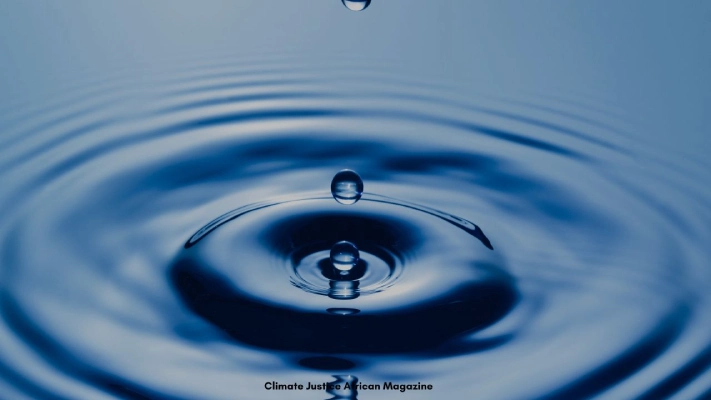
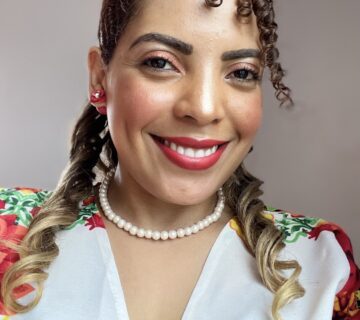
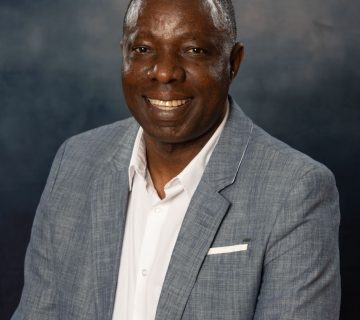
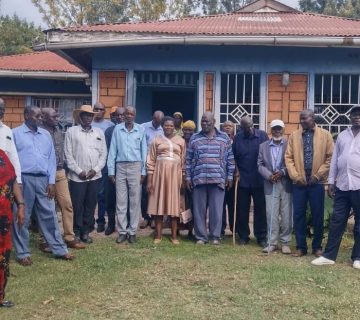
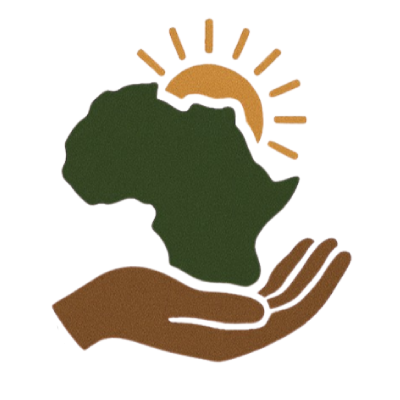
No comment